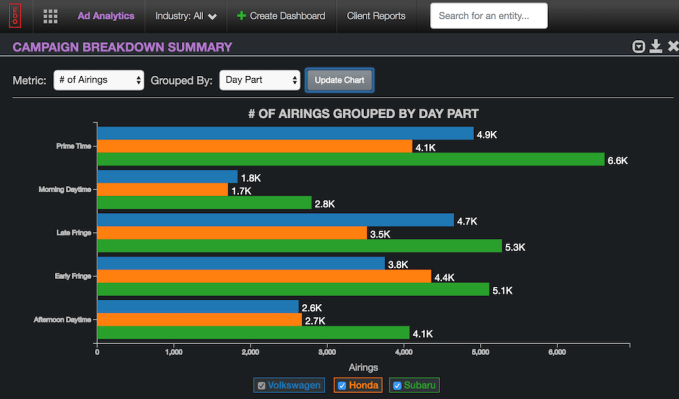It’s official. Two weeks ago, we reported that Opendoor — the four year-old, San Francisco-based company aiming to make it possible to buy and sell residential real estate with a few key strokes — was close to sealing up funding from SoftBank. Today, it’s announcing that the ink is dry on the deal.
The terms: SoftBank’s massive Vision Fund is investing $400 million for a minority equity stake in the company, with one of its five managing directors, Jeff Housenbold, taking a board seat. The round brings Opendoor’s total funding to slightly more than $1 billion, the vast majority of it raised in the last six months. (It had separately closed on $325 million in a June round that brought its total equity funding at the time to $645 million.)
The deal also further cements its status as a unicorn, though we gather there wasn’t a huge bump in valuation with this newest round. Opendoor was, and continues to be, valued at north of $2 billion, says once source familiar with the deal.
The move is also another feather in the cap of Housenbold, who long ran the personal publishing company Shutterfly before joining SoftBank last year, and who has been closing deals left and right with the regional founders he has been tracking. Among other recent deals that have landed him on the board of directors: SoftBank’s investments in the dog-walking service Wag, the delivery service DoorDash, the construction company Katerra, and the e-commerce company Brandless.
Asked yesterday how Opendoor and SoftBank came together, Opendoor cofounder and CEO Eric Wu tell us that Housenbold first approached Wu 18 months ago, before Housenbold joined SoftBank. “The minute he joined,” says Wu, “he reached out to me and let me know he was joining, saying if there was an opportunity to work together, to reach out to him.”
Given Opendoor’s ambitious plans, now apparently was the time to do that, and it’s easy to see why. Representatives from the Vision Fund often talk of having the ambition and the patience to transform entire industries, and Opendoor is trying to upend the traditional home-buying process by bidding on homes sight unseen, agreeing to buy them, then — contingent on an inspection to verify the quality of the home —selling them, charging a fee of between 6 percent and 13 percent.
To date, Opendoor, which now employs roughly 950 people, has largely been working with people who need to sell their homes quickly because of a new job or other life event. But the company increasingly wants to help customers buy that next house, too. Indeed, toward that end, the company earlier this month acquired Open Listings, a four-year-old, L.A.-based startup that aimed to make it easier and cheaper for buyers to purchase homes by automating much of what an agent would do, thus reducing the fee an agent would traditionally take.
Opendoor never said what it planned to pay for Open Listings, which had raised $7.6 million from investors over the years, but Open Listings was the first acquisition for the company. And armed with $400 million in fresh capital, we probably shouldn’t be surprised to see Opendoor go shopping again.
Wu has also been talking about for years about a financial business that sounds closer now to fruition. “We’re doing some things around mortgages that will integrated into the shopping experience,” he told us earlier this month, without wanting to elaborate further. Home improvement loans may also be on the horizon. (Wu says Opendoor “also wants to enable home buyers to personalize their experience.”)
Indeed, in addition to the substantial amount of equity funding that Opendoor has now raised to date, it has also now raised more than $2 billion in debt over the years.
Explains Wu of the two pillars, “We’re using the equity funding to invest in tech and software and to build an experience that enables a one-lick [home-buying experience].” As for the debt, “That’s used to purchase real estate,” he says.
from www.tech-life.in












No comments:
Post a Comment